‘Eye in the Sky‘ has the honour of being Alan Rickman‘s final swansong. Filmed before his death, and released shortly after, it serves as a fitting bookend to an incredible career. Although as Lt. General Benson, he plays second fiddle to Helen Mirren’s Colonel Powell throughout the film, he gets the last word in this taught 90-minute thriller. A snivelling civil servant calls him “…disgraceful”, to which he very calmly and decisively cuts her down to size in his trademark purr, finishing with a line so good, that I was convinced it was a quotation;
“Never tell a soldier, that he does not know the cost of war”.
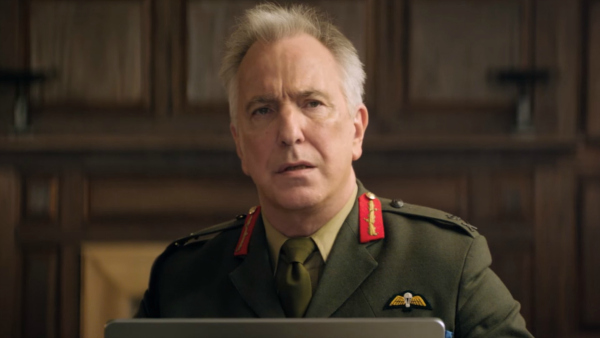
This week we were supposed to release our critique of the new series of ‘Our Girl’ for which we helped the BBC shape the script, but we ended up getting so frustrated at the inaccuracy of some parts of it that we felt we needed to have a stiff drink and a lie down. Instead of immediately venting via the medium of this blog, we decided to give it another episode to even out and find an even keel. Coincidentally we managed to get our hands on a copy of ‘Eye in the Sky‘ this week which we have been wanting to watch since its limited release at the start of the year, and we had promised a review of.
Luckily for our blood pressure issues, ‘Eye in the Sky’ blows ‘Our Girl‘ straight out the water when it comes to military accuracy, with the minor exception of Helen Mirren’s beret (head over to Bad Berets: ‘You could land a helicopter on that!’ for an explanation) and fortunately it only makes an appearance in the last 60 seconds. As we commemorate the 15th anniversary of the world altering events of 9/11, ‘Eye in the Sky‘ highlights just how far warfare has changed in the years since. The subject of this film is the evolving capability to perform surgical strikes on specific targets, after many hours of surveillance, often without putting a foot on the ground. Does this increased distance from our target desensitise us from the reality of what we are doing, or does it immunise us and allow us to make difficult decisions without being overly clouded by emotion?
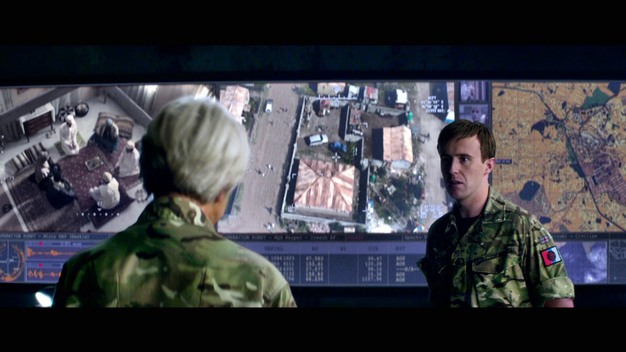
At its heart this film is about conflict, but not the obvious kind that you would immediately assume. Instead it is about the disconnect between military action, political will, moral responsibility and legality. There are no good guys and bad guys (except the obvious terrorists of course, which are more plot devices than actual characters), but rather a smorgasbord of politicians and military personnel with their own views and beliefs. The events in the film span a 12-hr period and one capture operation in Nairobi, Kenya, but the protagonists are split between a handful of military bases and government meeting rooms across the globe. Each one serves as a different slant on the same picture in the increasingly complex and developing situation. Quickly, as with many operations, the scenario changes to a point where capture is made almost impossible without the loss of many lives. Suddenly the mission changes up a few gears into a kill mission, much to the horror of the watching politicians who don’t have the stomach for it.
In most films, having such a large number of characters and locations would make it difficult to follow, but ‘Eye in the Sky‘ makes it work exceptionally well, flicking between them at crucial moments. It not only helps explain difficulties in the passage of information, even in an age where we can stream video around the globe, but also accurately portrays the nature of the lengthy verification and authorisation process that these strikes must go through. Not everyone has the complete picture or understanding of the event, and inevitably those with the leanest information are those with the authority to make the decisions. No set of guidelines or rules of engagement can possibly be specific enough to cover every eventuality, and at some point, someone has to make a crucial decision which may or may not result in the death of innocent parties. The kind of debates that occur within the COBRA boardroom in this film, frequently happen in operations rooms around the globe.
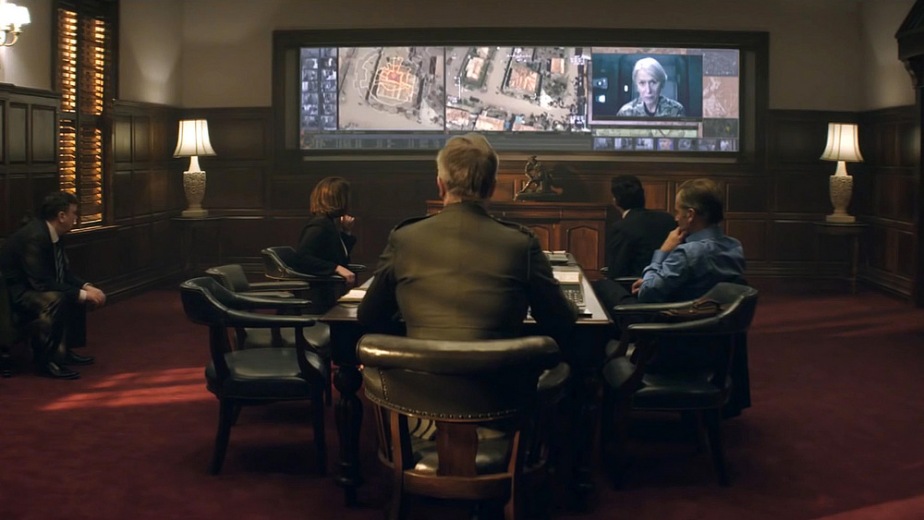
“Are we legally allowed to strike?”
“Yes…”
“Does that mean we should?”
“No…”
‘Eye in the Sky’ cleverly ramps up the necessity and urgency to conduct a drone strike in far from ideal conditions, but in such a way that the right answer is never immediately obvious (if there is one at all) and in constant flux. Various characters change sides in the debate, especially once the responsibility of decision making is taken off them. I suspect anyone watching it with military experience will immediately identify with the British Army and US Air Force personnel and become frustrated at the politicians who pontificate, delay and pass the buck, but the real heart of the film is with the drone operators. Caught in the middle is Aaron Paul as the young officer, who by the luck of a rota is tasked with commanding the drone and responsible for launching the weapon. If there was any argument to suggest that drone operators treat their role like a video game, his torment and reticence to pull the trigger dispels it immediately. You suspect that whatever the outcome, and despite his relatively junior position in proceedings, it will be him that carries the majority of the burden.
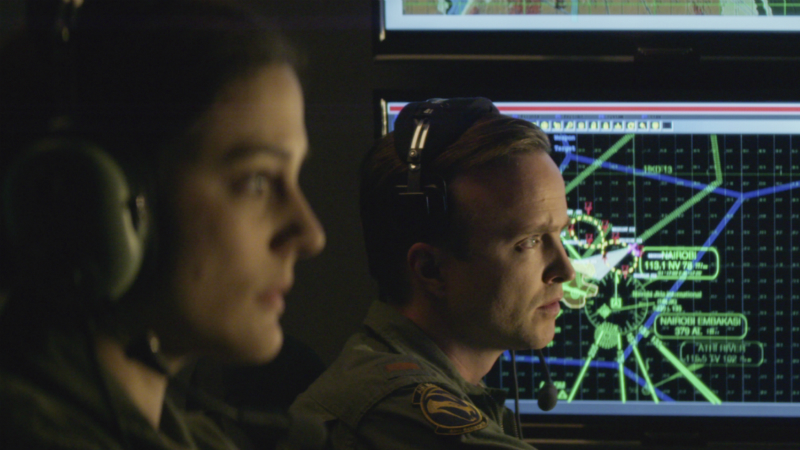
If Aaron Paul is the heart, then Helen Mirren represents the brain in this moralistic struggle. There are no clear sides in this debate, but from the very outset she’s after a result that has eluded her for years, and for her the end always justifies the means. Her tenacity and urgency is the antithesis of politicians. We feel her intense stress as time is frittered away by those above her, causing emotional outbursts and in one scene forcing her to fiddle with a set of worry beads. I have seen a number of senior commanders unintentionally doing similar things, including one who would wind his forelock around his index finger when making tough decisions. She is portrayed as cold and calculating, but as the film winds down you sense that she isn’t totally devoid of emotion and her demeanour is one of necessity in a male dominated world.
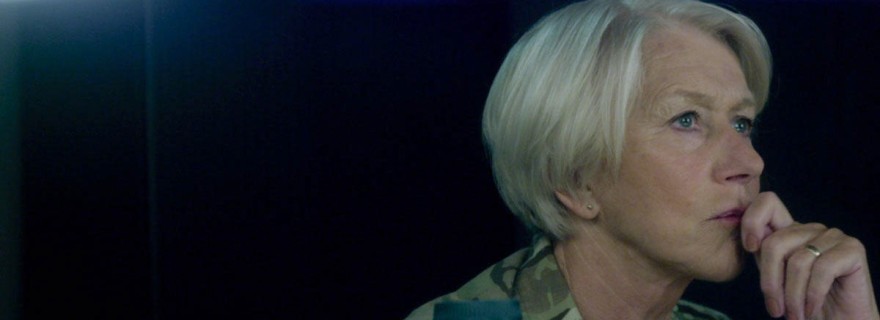
The film leaves you without any neat answers, or forced judgements, which in this day and age is rare. It leaves you to make up your own mind about the morality of what you’ve just witnessed. Whether you are in the military or not, this is a must see film that has garnered little of the attention it deserves. I would suggest it should be compulsory viewing at the Royal Military Academy Sandhurst and other officer training establishments. No where else is the complex morality of war better played out so effectively than in this film.
Kudos goes to everyone involved in making it, especially for not pulling any punches and for avoiding the typical Hollywood ending. You’ll come away from it feeling emotionally drained and mentally fatigued. This isn’t an action film, more of a philosophical debate about the ethics of warfare, but one that will keep you thinking long into the night. Personally I side with the General….
‘Eye in the Sky’ is available to stream on the iStore, Amazon and Google Play.
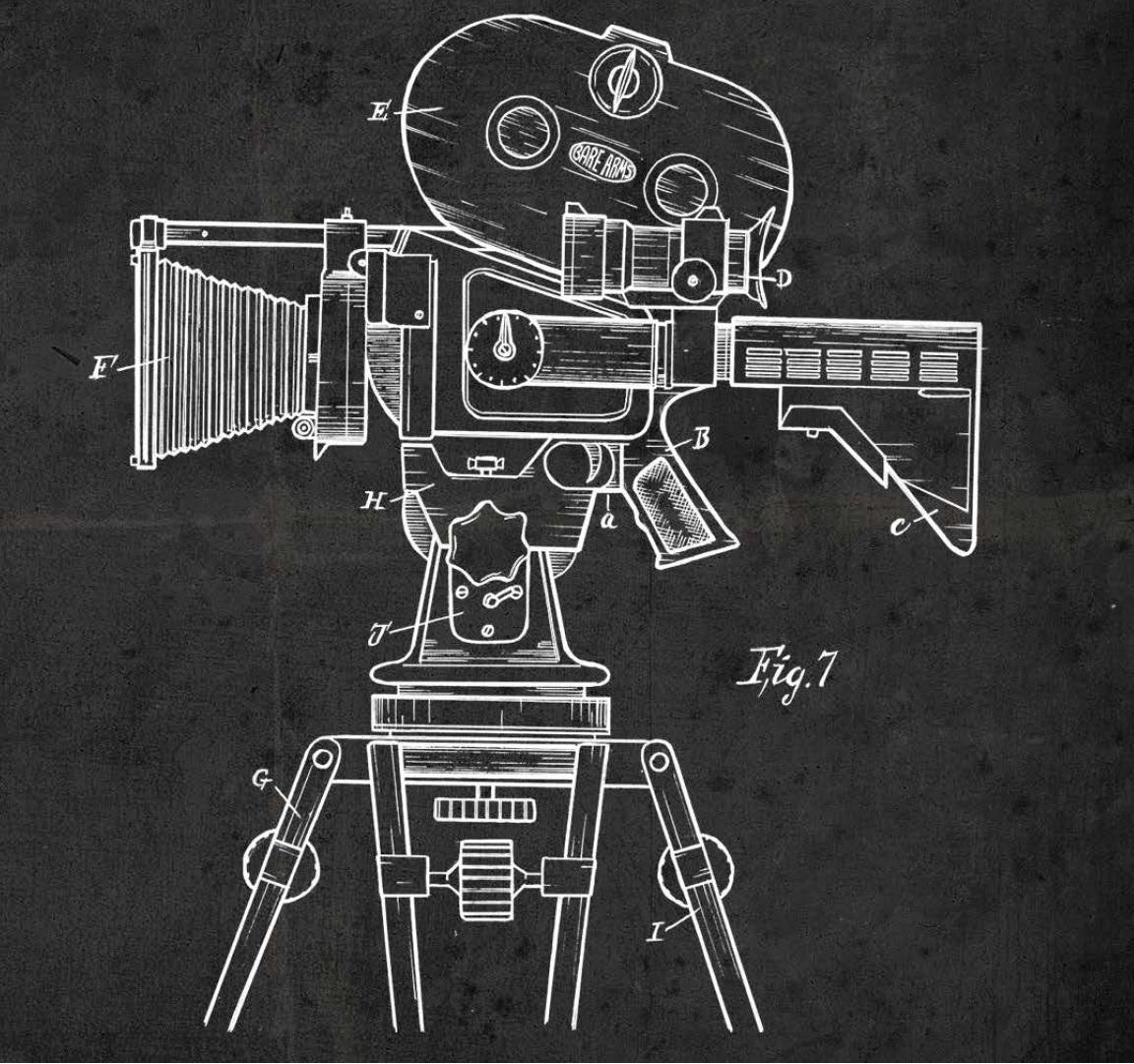

Great analysis – I’ve been wanting to see it for a while and did last night.
I’m more of the military thinking, being ex-services myself – everyone in our house was wanting the politicians to stop interfering and let the military get on with eradicating those who want to eradicate us en-masse! The film really showed how much intervention there is from government first!
Carol.
LikeLike